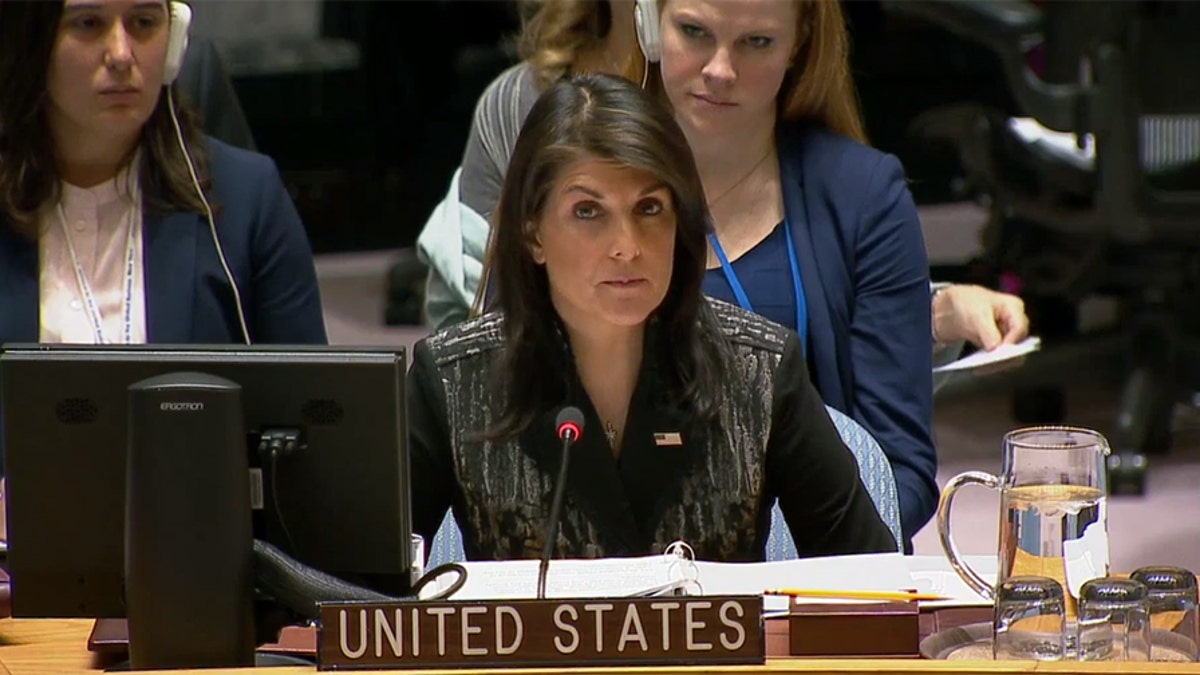
Nikki Haley, the United States ambassador to the United Nations, is looking the Security Council to act toward the repatriation of nearly 700,000 Rohingya refugees who were forced to flee Burma to neighboring Bangladesh following a major military crackdown last August on the mostly Muslim population in Rakhine State.
The United Nations Security Council unanimously approved a resolution demanding 30-day cease fire in Syria so that it can deliver humanitarian aid and evacuate the critically ill and wounded.
The proposal was approved after a two day delay caused by a lack of support from Russia, which said that an immediate cease-fire was unrealistic.
The resolution was amended late Friday to remove a stipulation that the cease-fire take effect in 72 hours. With that, Russia voted in favor of the resolution.
Despite passing the resolution, U.N. members were quick to criticize Russia for the delay.
U.S. Ambassador Nikki Haley said that Russia’s attempts to initially delay the vote cost lives. “In the three days it took us to adopt this resolution, how many mothers lost their kids to the bombing and shelling? How many more images did we need to see of fathers holding their dead children?” she said.
“The Syrian people should not have to die waiting for Russia to organize their instructions from Moscow, or to discuss it with the Syrians.”
Haley’s comments were seconded by U.K. Ambassador Stephen Hickey. “While we have been arguing over commas, Assad’s planes have been killing more civilians in their homes and in their hospitals, imposing unbearable suffering,” he said in a statement.
“In the face of escalating violence, devastation and suffering, we must all now take practical steps to improve the situation for those living and dying in a hell of one man’s making.”
While there is no set time for the cease-fire to begin, Ambassador Olof Skoog of Sweden said that humanitarian convoys and medical teams are standing by and “ready to go.”
According to the proposal, 5.6 million Syrians are in “acute need,” of help, 2.9 million of which are in hard to reach and besieged areas.
The resolution calls for all parties to immediately lift the sieges of populated Syrian cities, but the council authorized one exemption. It said that attacks directed at extremists from the Islamic State group and all Al Qaeda affiliates would be allowed to continue.
Fox News' Ben Evansky and The Associated Press contributed to this report.
